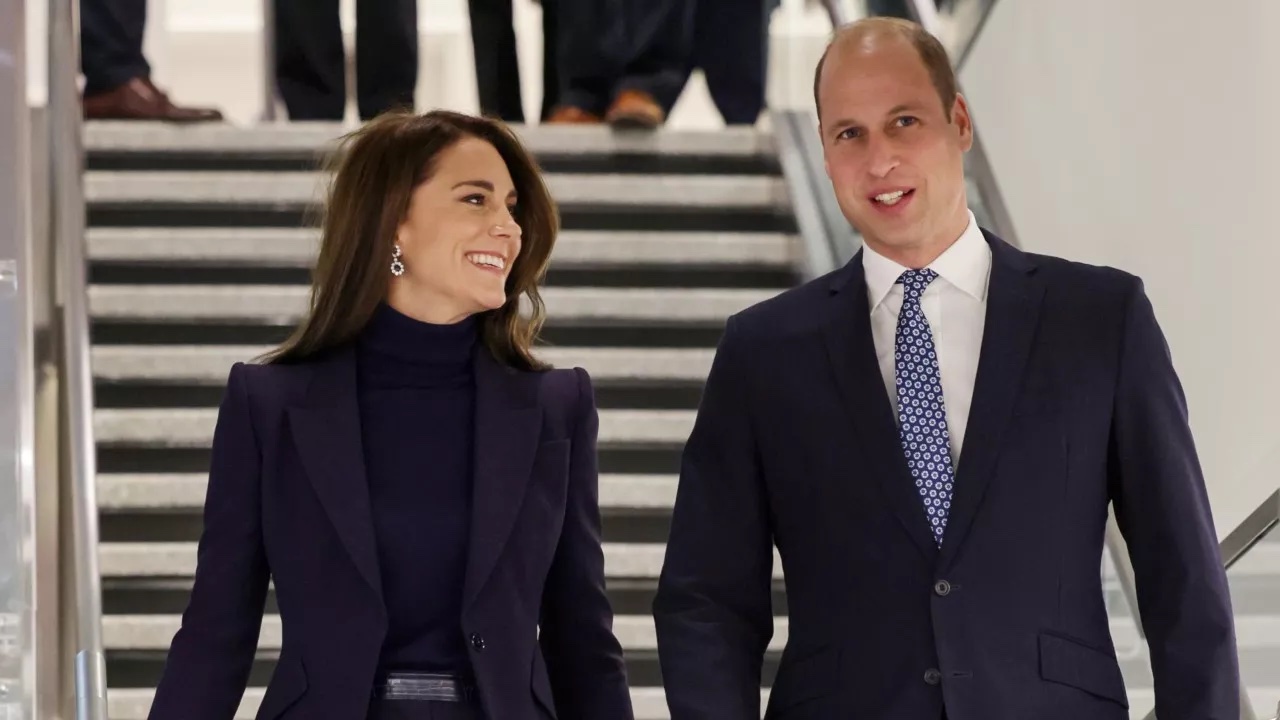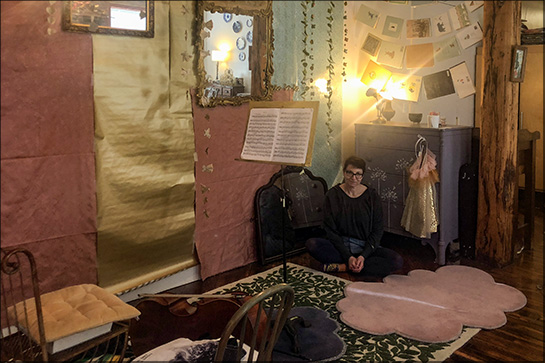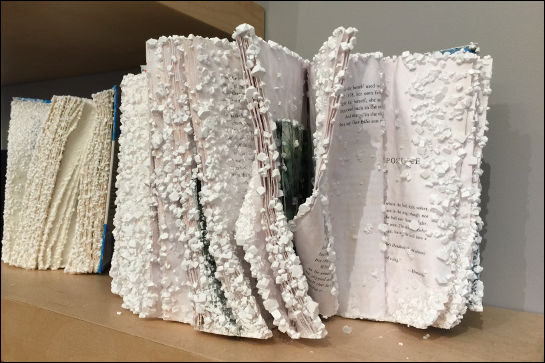 Why is no one wondering why Netflix paid so much money for Harry and Megan’s documentary? I’m surprised. It seems so obvious to me, so I haven’t said anything, but it’s one day before the show starts and I have to say it now so everyone knows I was right.
Why is no one wondering why Netflix paid so much money for Harry and Megan’s documentary? I’m surprised. It seems so obvious to me, so I haven’t said anything, but it’s one day before the show starts and I have to say it now so everyone knows I was right.
Before I tell you what’s in the Netflix movie, I want to acknowledge that I have a history of being incompetent at breaking news. For example, Alexis Ohanian accidentally told me that he sold Reddit before he told anyone else. I didn’t realize how big it was and I broke the news, buried in paragraph five of an umpteenth blog post about how to manage your career. Then I had no idea why it was catapulted to the top post on Reddit.
I also accidentally broke the news that Obama would win Iowa propelled by millennials. This is the thing about being right about that though — I was already writing trend pieces about millennials every day.
Anyway, media outlets didn’t pay attention to the part where I said that I was in Iowa visiting my brother and had never seen a caucus before in my life. Reporters starting putting me on tons of interviews for the news and I didn’t realize that I predicted Hilary to win the New Hampshire primary after she had already lost.
I did that on live TV. Whatever. Breaking news is hard business.
That didn’t deter me from running five blocks to go see Will and Kate the minute they arrived in Boston.
Unfortunately the only news I could break is that it’s totally annoying to make everyone listen to a speech about how we are all standing on stolen ground before we can see Will and Kate. It’s too much. If the Americans can have 200 years of over-the-top racism and still bitch about British racism when Will and Kate get here, then I think it might just be the end of royal family goodwill tourism.
But still, William and Kate looked adorable in their matching outfits. I am not reporting this though. I saw it secondhand from all the press pictures of them gallivanting around Boston. I am no good at breaking news, but I am great at patterns — I have looked at every outfit Kate has worn since she got engaged and they do not ever dress like twins.
Which brings me back to what’s in the Netflix documentary. I wasn’t going to scream about how I’m right until I saw Will and Kate being all matchy-matchy.
Look, Harry needs two very big things to reveal in order to get a big deal from Netflix and a big deal from his book publisher. These are two places that know what is worth paying for and what isn’t. The trick to figuring out it out is knowing Netflix has the smaller of the two big things, because the book is coming out after the show.
Harry and Meghan are going on and on about how the royal family didn’t protect Meghan from the press. Because it’s true. William had an affair with Kate’s friend. It was going on for awhile, but there was a handshake agreement between the royal family and the British press to not write about it.
But press outside England wrote about it, so then the British press did too. The royal family went ballistic, so the British press retracted, but it was too late. A Scottish journalist who worked at the newspaper refused to removed it from his Twitter, saying everyone in the media knew about the affair and he’s Scottish so the injunction doesn’t apply and the London press is pathetic in the way they kowtow to the royal family.
Fine. Press outside England covered the story. And it still blew over.
But while the hullabaloo was happening, Meghan and Harry got engaged and the PR team for the royal family tried to distract people by throwing Meghan to the press.
I actually thought it was so obvious that everyone must know this, but no one is writing about it. In the eyes of the royal family, it was way better to have Meghan and Harry take a hit than Will and Kate, because Will and Kate’s marriage is the future of the monarchy.
I feel like, okay, fine. I get it. The royal family acts as a unit, protects the crown.
And William and Kate look so adorable in their matching outfits that how can you not root for the monarchy? If we were the future ruler of a commonwealth who among us would not have a dalliance with the marchioness next door? Whatever. No one cares. Because it’s relatable.
Meanwhile Harry and Meghan are whining and whinging that we don’t have enough empathy for them about being thrown to the wolves but it’s because they have made us so sick of them. Which means the rest of their documentary is filled with literal stock images because they have pretty much nothing else to say except Will cheated boohoo.
Here is where I have empathy for Meghan and Harry. I know what it’s like to be bad at breaking news. And they are really, really bad at breaking news.


 Why is no one wondering why Netflix paid so much money for Harry and Megan’s documentary? I’m surprised. It seems so obvious to me, so I haven’t said anything, but it’s one day before the show starts and I have to say it now so everyone knows I was right.
Why is no one wondering why Netflix paid so much money for Harry and Megan’s documentary? I’m surprised. It seems so obvious to me, so I haven’t said anything, but it’s one day before the show starts and I have to say it now so everyone knows I was right.